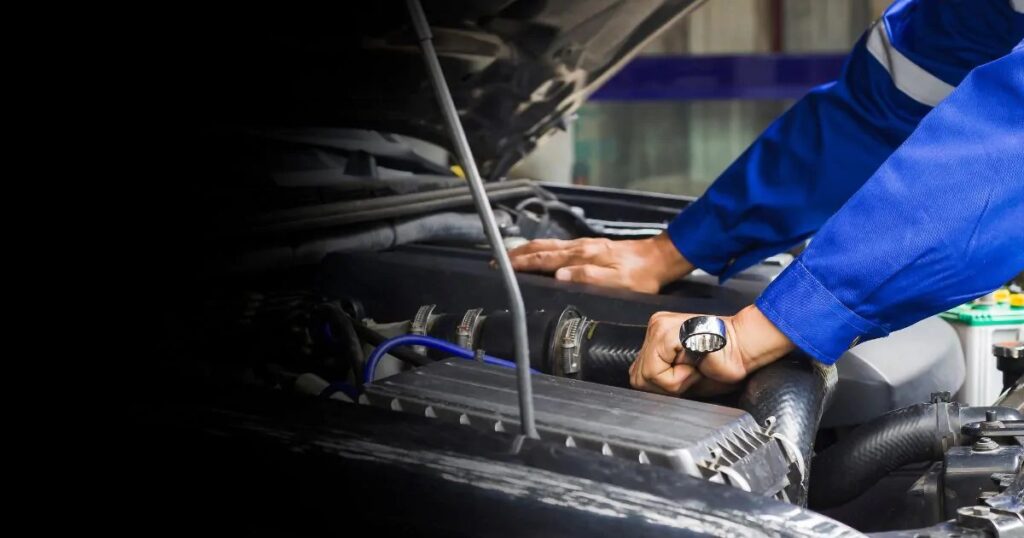The fundamental duty of a car owner involves the regular upkeep of the vehicle, typically outlined in the service manual supplied by the manufacturer. Comprehensive auto repair necessitates regular maintenance, which encompasses procedures such as tire rotations, fluid assessments, oil changes, and evaluations of critical components including belts and brakes. While it may be appealing to forgo these visits due to time constraints or financial considerations, neglecting this aspect of automotive maintenance could lead to significant issues in the future. The longevity, safety, and operational efficacy of a vehicle can be adversely affected by neglecting prescribed maintenance protocols.
Engine Malfunction: A Costly Consequence
One of the most significant outcomes of neglecting maintenance is the occurrence of engine failure. Ensuring optimal engine cleanliness and lubrication necessitates the implementation of regular oil change intervals. Inadequate replenishment of oil can lead to the overheating of oil sludge within an engine, potentially resulting in severe damage. Consistent maintenance, including oil changes and various repairs, is significantly more economical than engine repair or replacement.
Reduced Fuel Efficiency
Insufficient maintenance presents a significant threat to fuel efficiency. Insufficient maintenance can lead to a decline in fuel efficiency; conversely, a vehicle that receives proper upkeep functions optimally. Fuel efficiency may be compromised due to defective spark plugs, contaminated air filters, and improperly aligned wheels. Failure to perform regular maintenance increases fuel costs and the vehicle’s carbon emissions, potentially detrimental to both economic resources and ecological health. This is where you would need the auto repair shop in Eugene, OR based service.
Risks Associated with Road Safety
Failure to adhere to scheduled maintenance protocols may pose significant risks to safety. Inadequately assessed vehicles may exhibit irregular tire tread patterns, aged braking systems, or malfunctioning lighting, thereby elevating the likelihood of accidents. For example, the failure of braking systems has the potential to result in fatalities or injuries. Maintenance of tires, wipers, and lights is essential for the optimal functioning of the vehicle across various conditions. Failure to perform routine maintenance could pose risks to drivers and other individuals utilizing the roadway.
The longevity and resilience of your vehicle
Regularly scheduled maintenance is essential for prolonging the lifespan of your vehicle. In contrast to vehicles that receive insufficient attention, those subjected to regular maintenance and care are likely to exhibit prolonged operational longevity. Timing belts, water pumps, and transmission fluid represent essential components that require regular maintenance to ensure optimal performance. If these components are not substituted at the recommended intervals, they may deteriorate more rapidly and necessitate costlier repairs. Car owners can enhance the efficiency of their initial investment by significantly reducing future replacement expenses through a modest investment in maintenance at present.
Final Analysis
In the immediate context, forgoing scheduled maintenance may appear to be a rational decision; however, it could result in adverse consequences over an extended period. The ramifications of neglecting regular maintenance surpass any perceived time or financial benefits, as they encompass a diminished vehicle lifespan, an increased likelihood of engine malfunction, decreased fuel efficiency, and heightened safety risks.


Comments are closed.